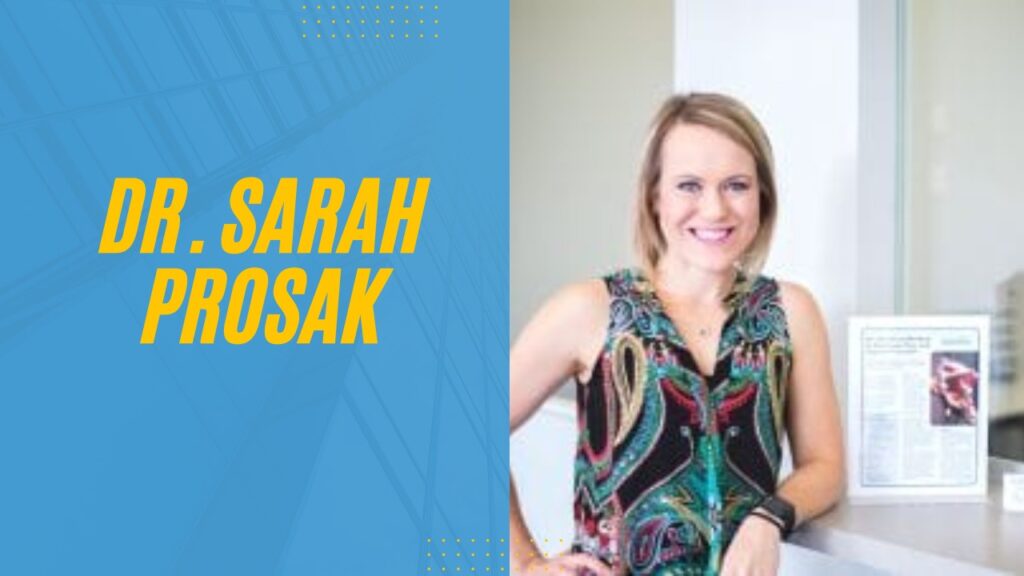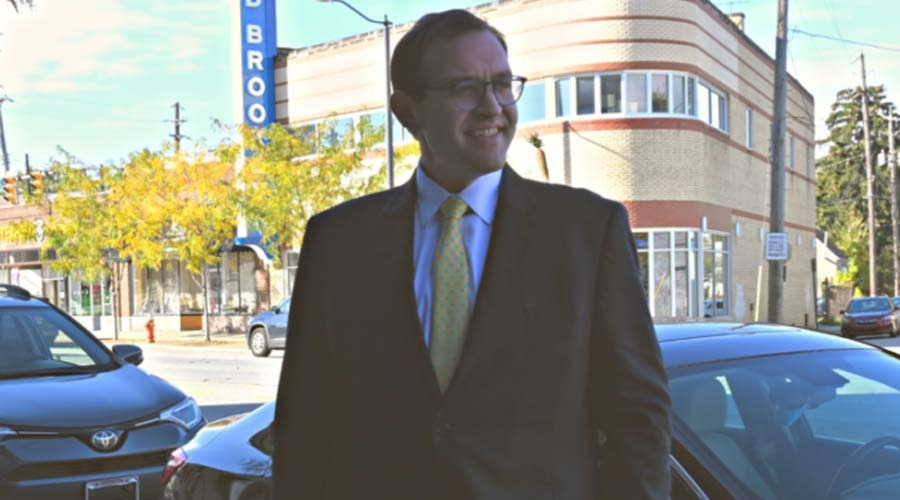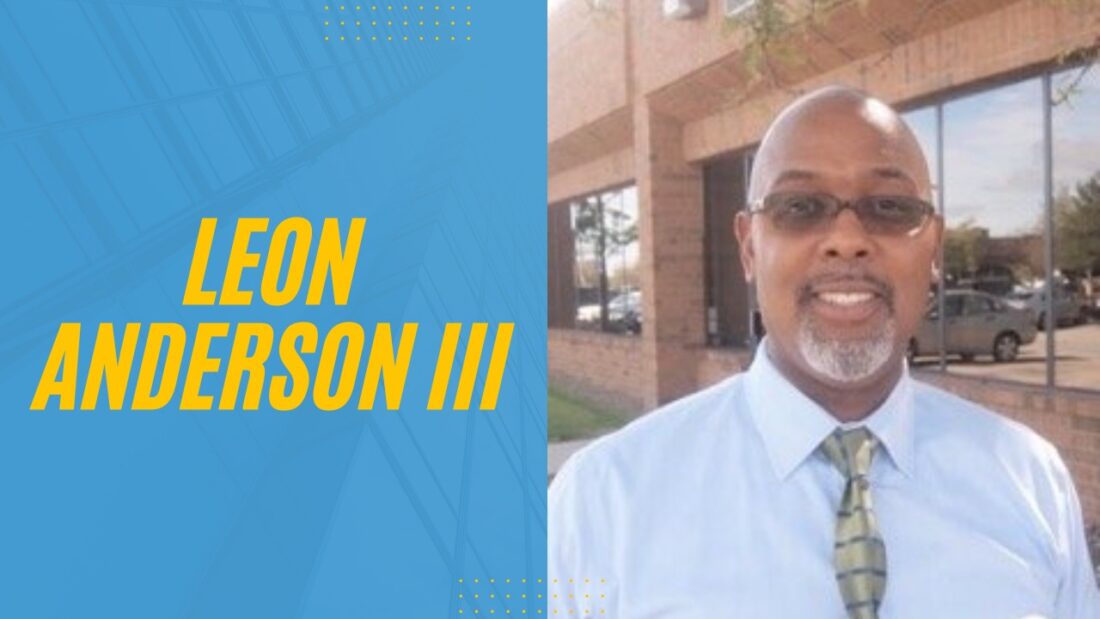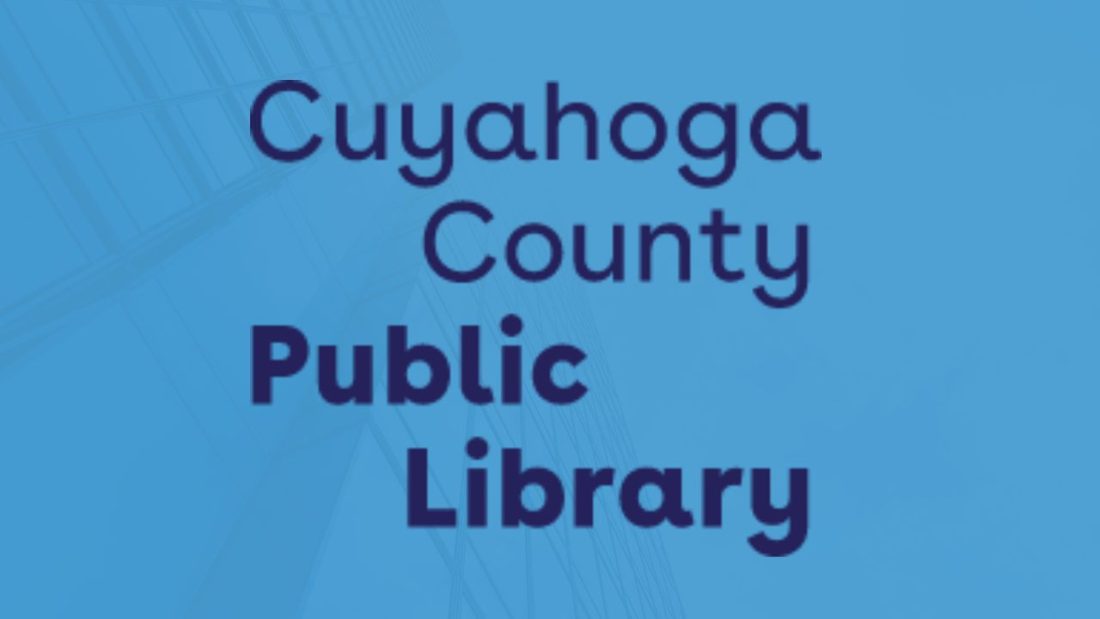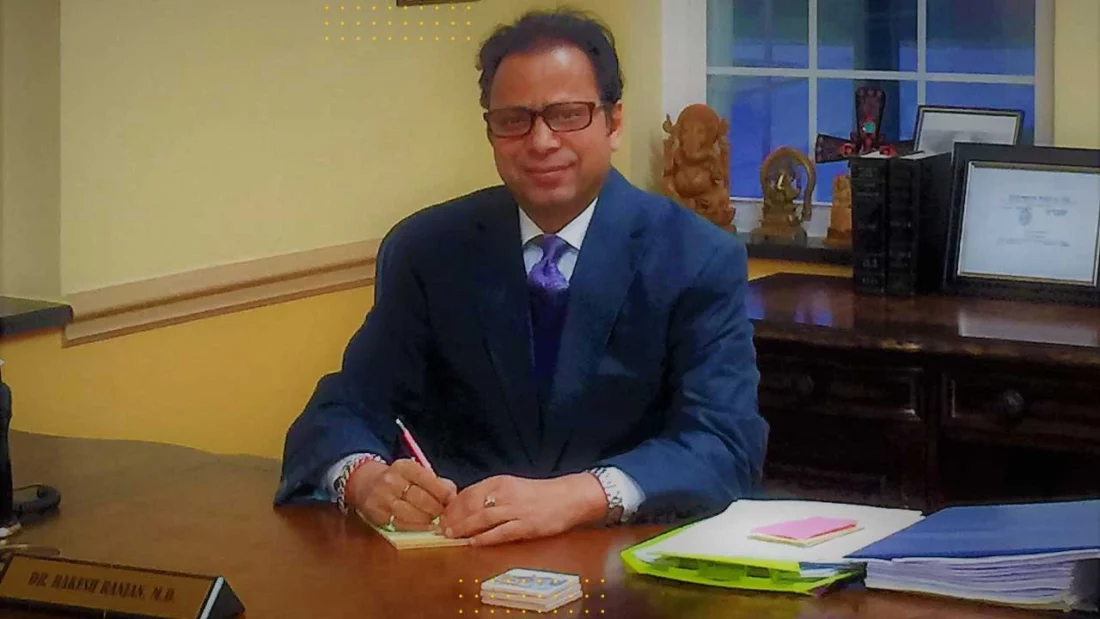Doctor’s Corner: Dr. Sarah Prosak, DC
Often, those who are applying for disability get discouraged when medical professionals tell them there’s nothing more they can do to help. Dr. Sarah Prosak, DC wants people with a disability to always keep a little sense of hope. She advises that the first time you hear a doctor say there’s nothing else they can do, go somewhere else. “There’s always more that you can do to feel better and make your life a little more vibrant even if you are diagnosed with a disability,” she says.
Sarah Prosak is a doctor of chiropractic (DC) at Advanced Orthopedics & Physical Therapy (AOPT). She is practicing at the company’s newest office location, its first on Cleveland’s west side, in Warren Plaza. What makes AOPT unique from other practices is that they don’t only offer chiropractic services; physical therapy, medical, massage therapy and acupuncture services are also available. The multitude of services in one location is important because sometimes patients come in and don’t know what the best means of treatment is going to be for them. At AOPT, patients have the opportunity to look at a lot of different avenues of care. If they aren’t receiving the results they anticipated with a chiropractor, there are other options. They can also sit down with a medical doctor, physical therapist or collaborate with all of the staff.
Chiropractors and Social Security
Currently the Social Security Administration doesn’t consider DCs acceptable medical sources to diagnose disabilities. Dr. Prosak runs into this frustrating reality. As a chiropractor she specializes in three main areas: the nerves, muscles and joints. “If your disability is a physical disability, we have by far such expertise in those areas that we can identify if somebody is in fact suffering from a disability that is not likely to improve or get better in the long term,” she says. “There is no reason why we cannot diagnose and make a projected opinion about that”. Despite this unfortunate stance by SSA, DCs provide invaluable medical treatment to patients and can offer a wealth of advice.
“If you haven’t found the solution to your problem, you have to keep looking,” says Dr. Prosak. “You may be disabled, you may have a lifetime disability, but that does not mean you give up.” Dr. Prosak urges people to keep looking because even if you don’t find a cure, you may at least find a way to manage or cope. Patients can always try something else, whether it is focusing on nutrition, their mental health, or incorporating acupuncture or massages.
3310 Warren Rd., Cleveland, OH 44111, (216) 941-5656

